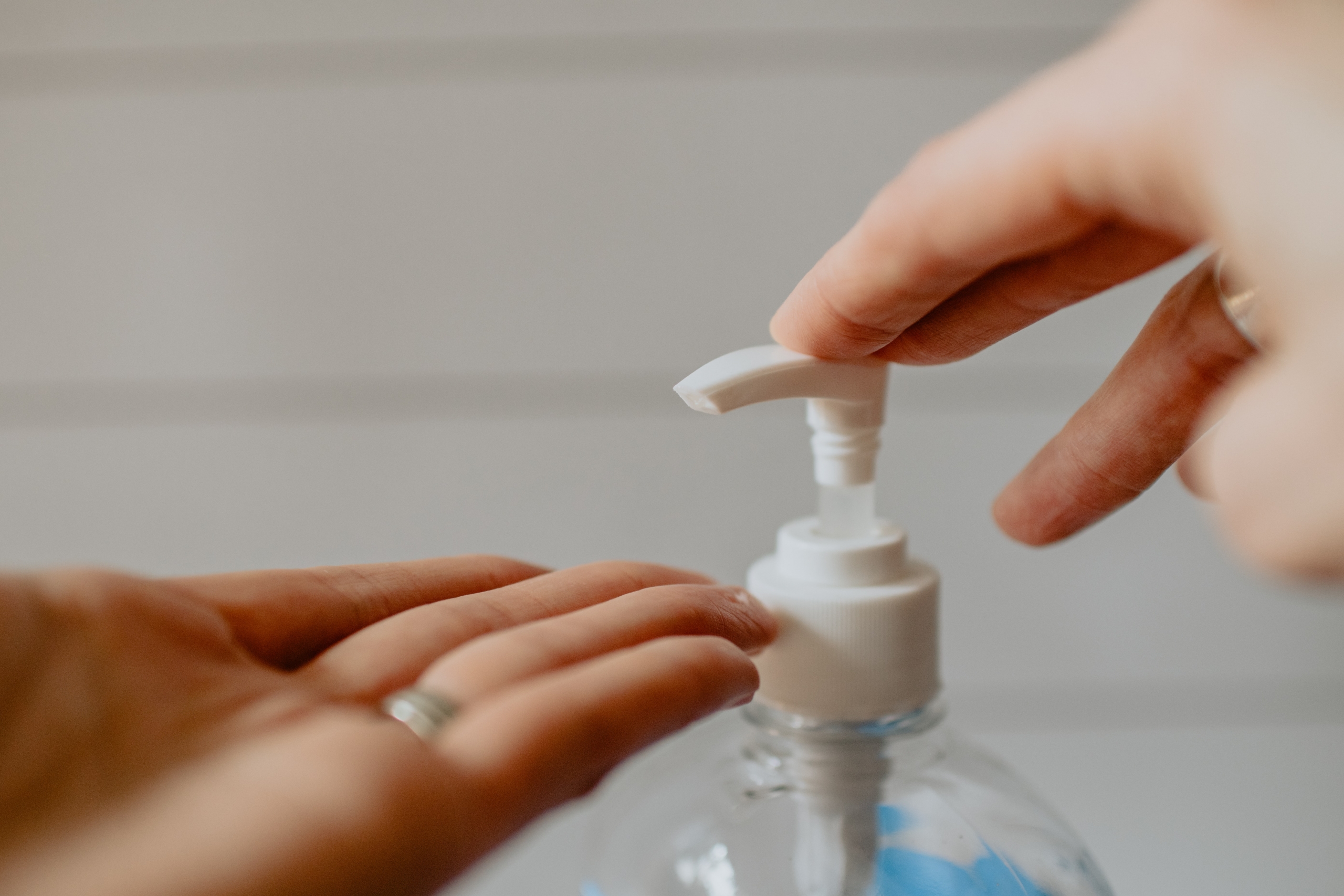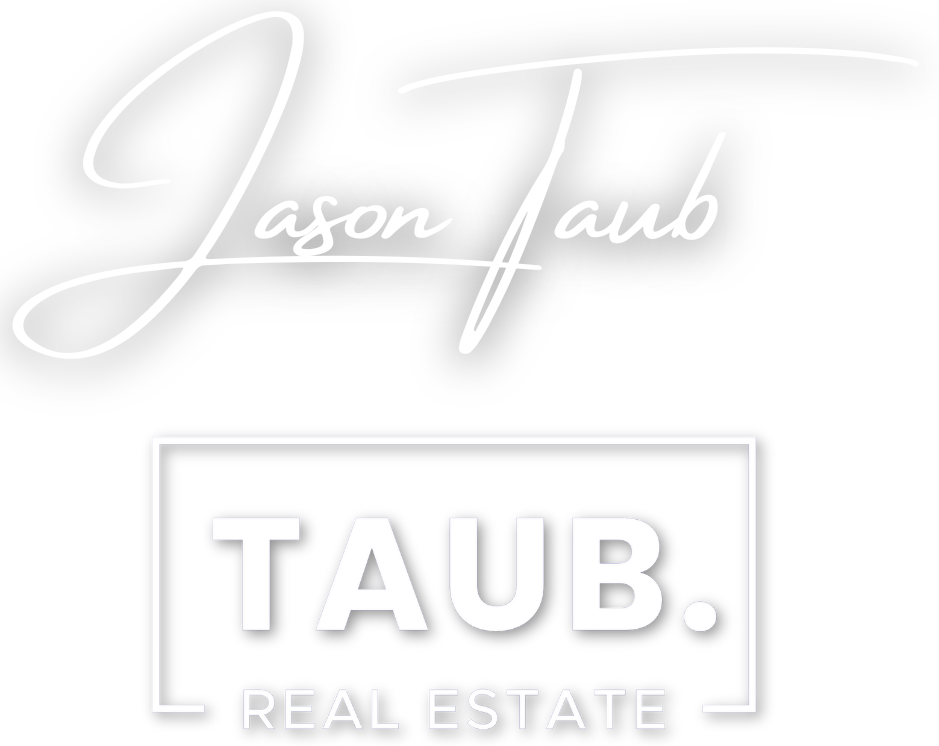Condo associations became COVID-19 cops during the pandemic, and their powers, so far, aren’t diminished much even if the CDC and Fla. say it’s OK to go without masks.
FORT LAUDERDALE, Fla. – For more than a year, condo associations had to become COVID-19 traffic cops for hundreds of thousands of Floridians in high-rises and sprawling complexes. They had to enforce the use of masks, social distancing and rules for pools and other public spaces.
Now the state of Florida has enforcement out of the hands of local governments, and the Centers for Disease Control and Prevention (CDC) has eased guidance for vaccinated people. The landscape has changed for these voluntary governing organizations.
The South Florida Sun Sentinel reached out to local experts to determine how much power condo associations still have over their residents. The experts are Donna DiMaggio Berger, an attorney specializing in association law at Becker & Poliakoff in Fort Lauderdale that represents more than 5,000 associations; Carl Marzola, president of Atlantic Properties International, a real estate services firm in Fort Lauderdale; and Frank Simone, general counsel for KW Property Management & Consulting of Miami, which manages 300 properties in Florida and the Bahamas.
With local governments barred from requiring masks and social distancing, can condo associations continue to mandate them for residents and visitors?
Donna DiMaggio Berger: Yes. While the governor may have prohibited local governments from imposing COVID safety protocols on the one hand, on the other hand, he extended Florida’s state of emergency until June 27. By doing so, he extended the timeframe by which volunteer boards can utilize their statutory emergency powers to safeguard their residents.
It’s important to remember that even if the statewide state of emergency ends on June 27, boards’ statutory emergency powers remain in effect for a period of time as is reasonably necessary to contend with the emergency. So for communities that have an active COVID infection amidst its residents or staff on June 28, those powers may continue to allow their boards to grapple with the potential consequences of that infection.
Carl Marzola: Yes, they can. The elected board looks out for the welfare of its residents and if the board votes ‘yes,’ then it does become the rule. Owners typically execute documentation that they will follow the rules that the board sets forth.
Frank Simone: Yes. It’s private property. The governor has only said municipalities cannot require that. He stopped rules and laws that would circumvent his mandates. Businesses can require folks to wear coverings and establish social distance rules. It doesn’t apply to the private sector. They cannot ask people if they are vaccinated.
Although Gov. DeSantis prohibited “vaccine passports,” can associations require proof of vaccinations?
Donna DiMaggio Berger: It is debatable as to whether or not private residential community associations are impacted by the governor’s prohibition against the use of “vaccine passports.”
While associations are seen as business entities in certain circumstances, they don’t have the patrons or customers referenced in the governor’s order unless you are dealing with a mixed-use condominium. However, even had the governor not issued his order, I would not be in favor of relying upon proof of vaccination as the means to enforce safety protocols in a residential community. Vaccines may not be possible for everyone. They do not provide 100% protection, particularly when it comes to possible virus variants, and they may convey a false sense of security.
Carl Marzola: Currently associations are verbally asking on a voluntary basis. A high percentage of owners are being cooperative.
Can associations be sued if someone gets sick after they dropped their COVID rules? Or are associations protected like businesses?
Donna DiMaggio Berger: The recent COVID liability bill (SB 72) does specifically protect community associations so long as they were following the advice of public health officials at the time the cause of action occurred. This is why it was so important for boards to take a clear-eyed approach to their safety protocols as opposed to caving in to pressure from some residents who wished to return to pre-COVID operations before it was safe to do so.
I’m pleased to report that the boards I work with struck the right balance between protecting their communities while also helping to assure their residents that they had a plan in place to normalize operations as soon as it was safe to do so.
Carl Marzola: Anyone can cause a lawsuit. However, the individual must have solid proof they were infected as a direct result from the association common areas. If that individual refused vaccination despite the science we now understand, it would be an uphill battle for that individual.
Frank Simone: If they [associations] are following CDC guidelines, it would be hard for anyone to say they were grossly negligent under the liability protections under Florida statutes. That doesn’t stop them from being more stringent if they wanted to.
Ultimately, is state law now overriding association bylaws that govern how health safeguards can be used?
Donna DiMaggio Berger: Not at all. Some association residents seem to have forgotten that their elected boards always had the authority to set reasonable operational guidelines for the use of the common areas.
Well before the pandemic, we had people in some communities complaining that their community pool was not open until midnight because they wanted to take an evening swim. In those cases, the response was that the board had set the operational hours in a manner they felt was most conducive to safeguarding residents and minimizing nuisance activity. The same holds true now.
Local orders were always the floor of what boards could enforce – not the ceiling – when emergency powers are activated, which they are until June 27. In addition, some communities have governing documents, which also empower the board to take these kinds of steps in the midst of an emergency. I know a lot of people want to look at what has been done at the state and local levels and assume that their association must follow suit, but it’s a lot more nuanced than that.
Carl Marzola: An association can impose “emergency guidelines” if the threat of widespread infection is within the building. Florida Gov. Ron DeSantis has expressed that the state is no longer in a “state of emergency,” and said the vaccine effectiveness is slowing down the spread of the illness. Ultimately, it’s a decision that each association must determine for their residents.
©2021 South Florida Sun-Sentinel. Visit sun-sentinel.com. Distributed by Tribune Content Agency, LLC.



